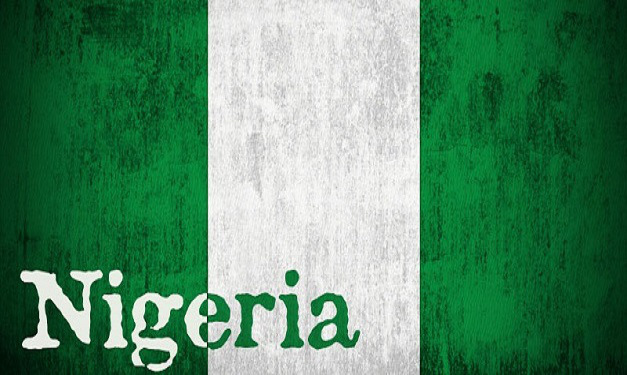
The World Bank has ranked Nigeria 169 out of 189 countries in its latest report on the ease of doing business globally.
Tagged “Doing Business 2016: Measuring Regulatory Quality and Efficiency”, released on October 27 records a total of 69 reforms in 35 economies in Sub-Saharan Africa. Of these, 14 of OHADA’s 17 member countries implemented 29 reforms.
The report takes into consideration the ease of obtaining construction permits, getting electricity, enforcing contracts, registering property and trading across borders among other parameters. Nigeria improved in the ranking from 170 in 2014 to 169 in its 2015 report which showed that the Sub-Saharan African economies were among the world’s top improvers of business climate.
“The region, however, ranks poorly in the areas of trading across borders and registering properties. Mauritius ranks best in the region, with a global ranking of 32, performing particularly well in the areas of paying taxes and enforcing contracts. In Mauritius, it takes only 152 hours for entrepreneurs to pay taxes, compared to 261 hours globally. Rwanda has the next best ranking in the region, with a global ranking of 62. Ten years ago, an entrepreneur in Rwanda took 370 days to transfer property. Now, it takes 32 days which is less than in Germany,” it stated.
On Getting Electricity, it takes an average of 130 days for an entrepreneur to get a new electricity connection and, once connected, customers experience frequent outages lasting almost 700 hours per year – making Sub-Saharan Africa the region with the highest duration of outages globally.
The region also ranks poorly in the areas of Trading Across Borders and Registering Property.
Mauritius ranks best in the region, with a global ranking of 32, performing particularly well in the areas of Paying Taxes and Enforcing Contracts. In Mauritius, it takes only 152 hours for entrepreneurs to pay taxes, compared to 261 hours globally.
Rwanda has the next best ranking in the region, with a global ranking of 62. Rwanda also implemented the highest number of reforms in the region, with six reforms carried out in the past year. The country ranks second in the world on the Getting Credit indicator and 12th in the world on the Registering Property indicator. Ten years ago, an entrepreneur in Rwanda took 370 days to transfer property. Now, it takes 32 days which is less than in Germany.
Botswana, with a global ranking of 72, South Africa (73), and Seychelles (95) are also among the better ranked economies in Sub-Saharan Africa.
However, Kenya and Uganda experienced significant increases in their rankings, with Kenya moving up to 108 this year, followed by Uganda, which has moved up to 122. These improvements are primarily due to four reforms Kenya implemented in the areas of Starting a Business, Getting Electricity, Registering Property, and Getting Credit, while Uganda implemented reforms in the areas of Starting a Business, Getting Electricity and Getting Credit.
Botswana ranked 72; South Africa 73; Seychelles 95; Kenya 108, and Uganda 122 this year according to the report which saw Sub-Saharan African region standing out in implementing reforms under the Getting Credit indicator.
“Despite great improvements” however, “governments in Sub-Saharan Africa will need to continue working on closing the gap in many key areas that impact the ease of doing business, especially increasing access to reliable electricity. The region’s economies have room for improvement in the reliability of supply and transparency index of the getting electricity indicator and the quality of land administration index of the registering property indicator.”
Despite this, Nigeria still Nigeria still ranked as one of the leading FDI destinations in the world, receiving $6bln in foreign direct investments annually according to Mr. Amos Sakaba, a Director in Nigerian Investment Promotion Council (NIPC).
Denouncing the report, Sakaba said it could not have been a true reflection of the Nigerian situation, stressing that Nigeria was daily been inundated with enquiries by prospective foreign investors.
This year’s report unveils a two-year effort to significantly add more measurements of the quality of institutions supporting the business environment, to better capture realities on the ground. For example, in the area of Registering Property, a new index on the quality of land administration measures the reliability, transparency and geographic coverage of land administration systems as well as aspects of dispute resolution for land issues.
Regulatory quality matters as much as regulatory efficiency, says the report, to ensure that the regulation achieves the aim of creating an enabling environment that contributes to economic growth and prosperity for people.
